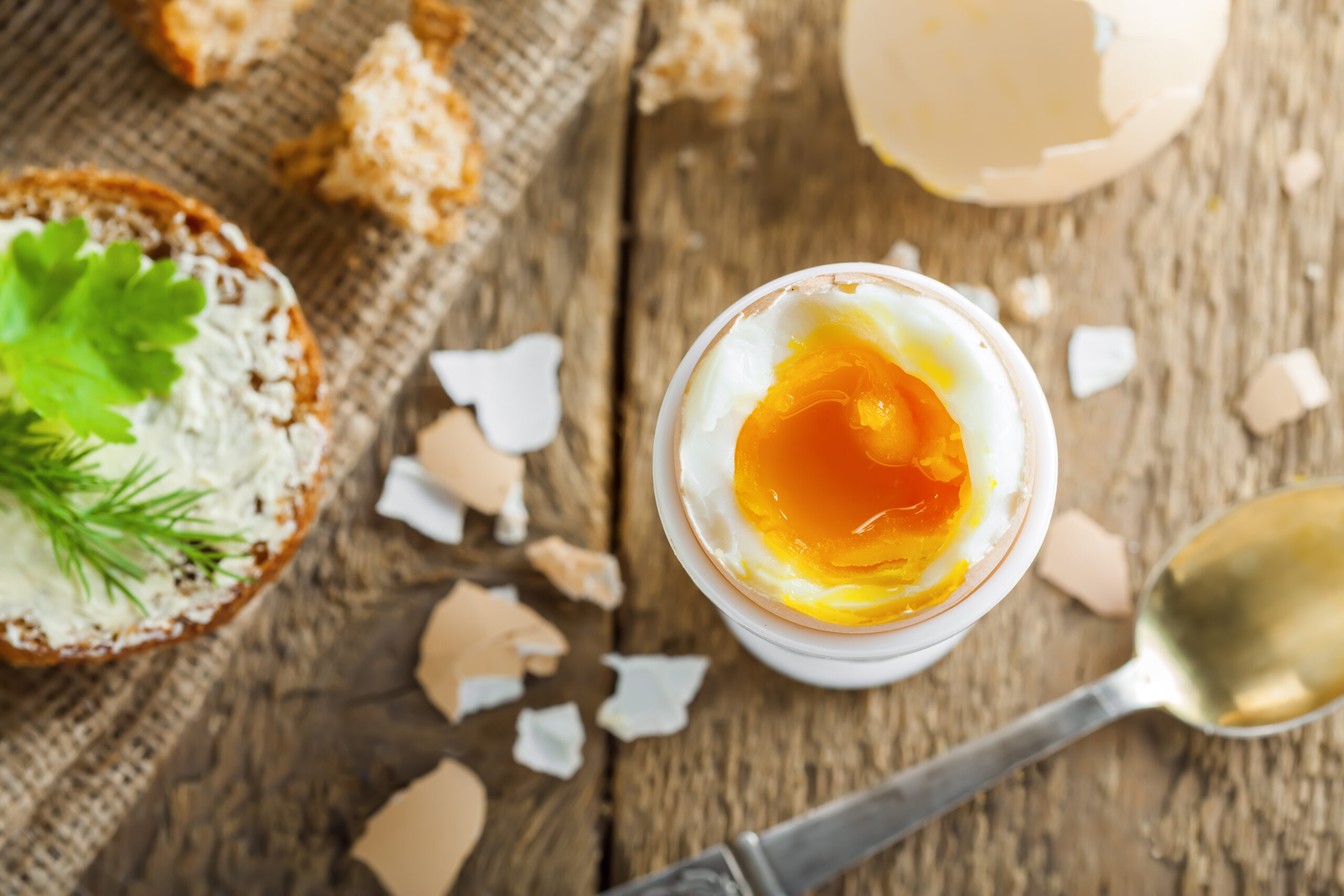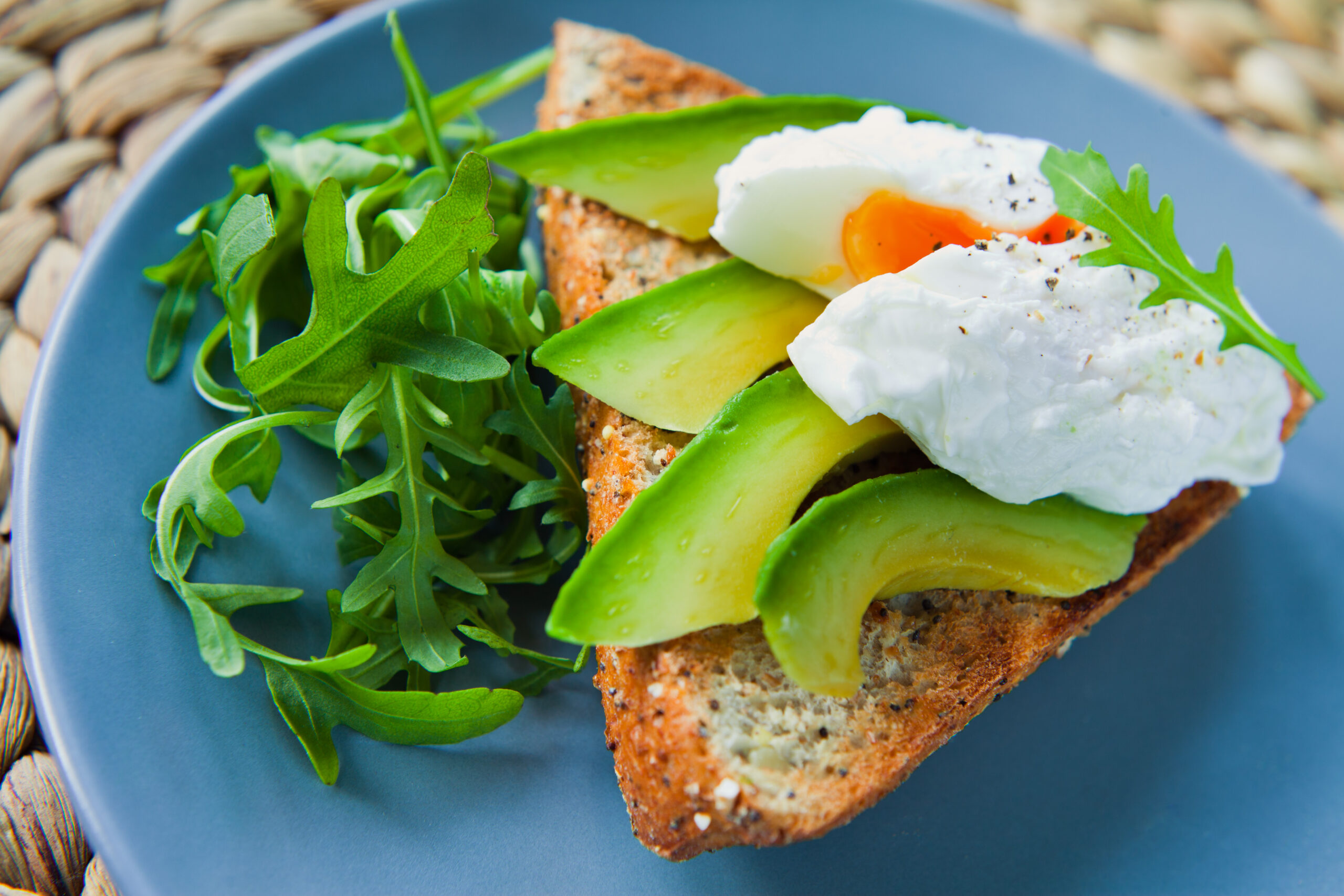A beautifully soft boiled egg is a thing of beauty. The white is just firm, and the yolk is deliciously runny; and this served with warm buttery toast cut into soldiers it’s everything childhood memories are made of.
Cooking the perfect soft boiled egg is like making a martini. There are barely any ingredients needed but reaching perfection is not always easy.
The issues you may run into when soft boiling an egg are fairly simple: overcook it and you will be pointlessly stabbing soldiers into a hard yolk with no joy to be had. But undercook them and you’ll have snotty, stringy egg-whites, which not even the most avid egg lover wants on their spoon.
By following our simple how-to guide you’ll be able to cook perfect soft-boiled eggs every time.
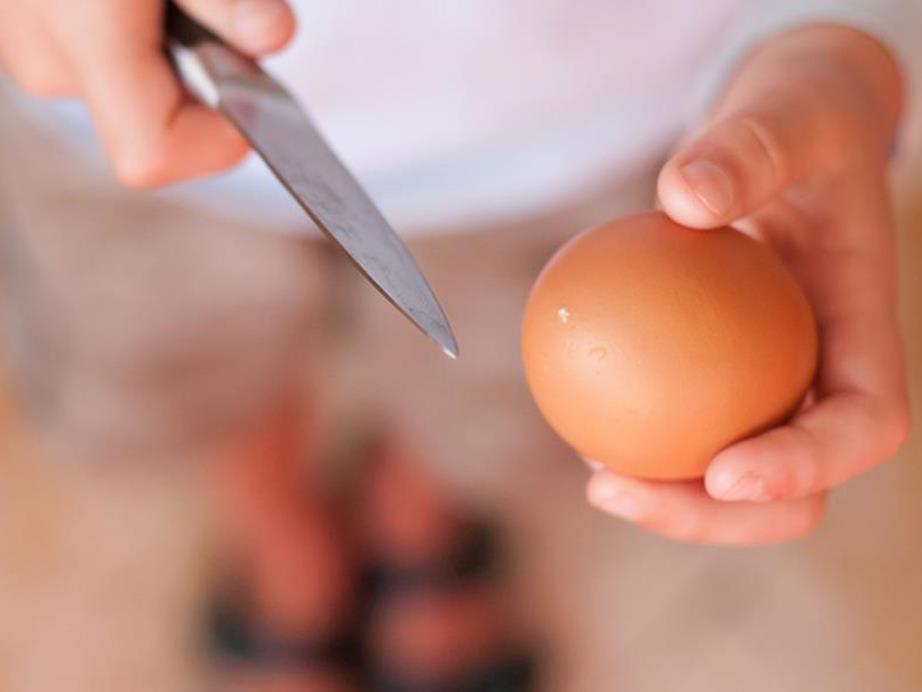
How to soft boil eggs without cracking them
1.Bring a saucepan with enough water to cover eggs to a rolling boil.
2.Using a knife with a sharp tip, very carefully pierce a tiny hole into the base of the egg. The base is the end that is the fattest. This will prevent your egg from cracking when you slip it into the boiling water. Without the hole, sometimes the pressure inside the egg forces it to split open and the whites to spill into the water.
3.Next, using a spoon, gently lower the eggs one at a time into the boiling water. reduce heat to low and set a timer for six minutes.
4.When you deem the eggs to be ready drain immediately and run under cold water to halt the cooking process.
Ensure you have adequate hot buttery toast, salt, pepper and Tabasco at hand to complete your delicious meal.
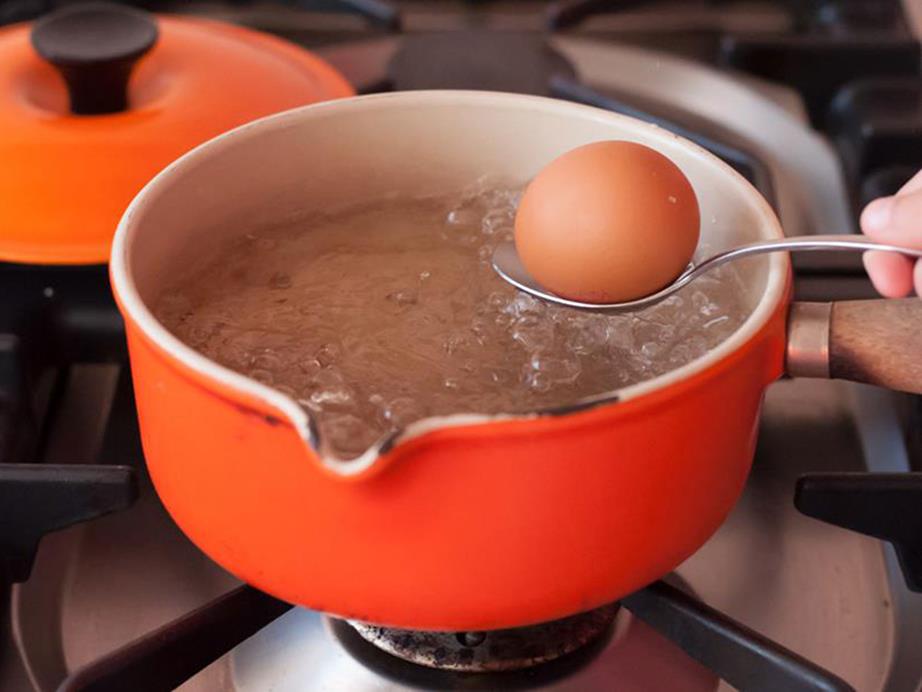
Should you add vinegar to the water when cooking eggs?
Some people swear by adding a teaspoon of vinegar to the water instead of piercing, because they feel this prevents the white from seeping out if it does crack. Crack prevention in the first place is easier.
If you have a lot of eggs in the water it can vary the cook time as it lowers the temperature of the water considerably when you submerge them.
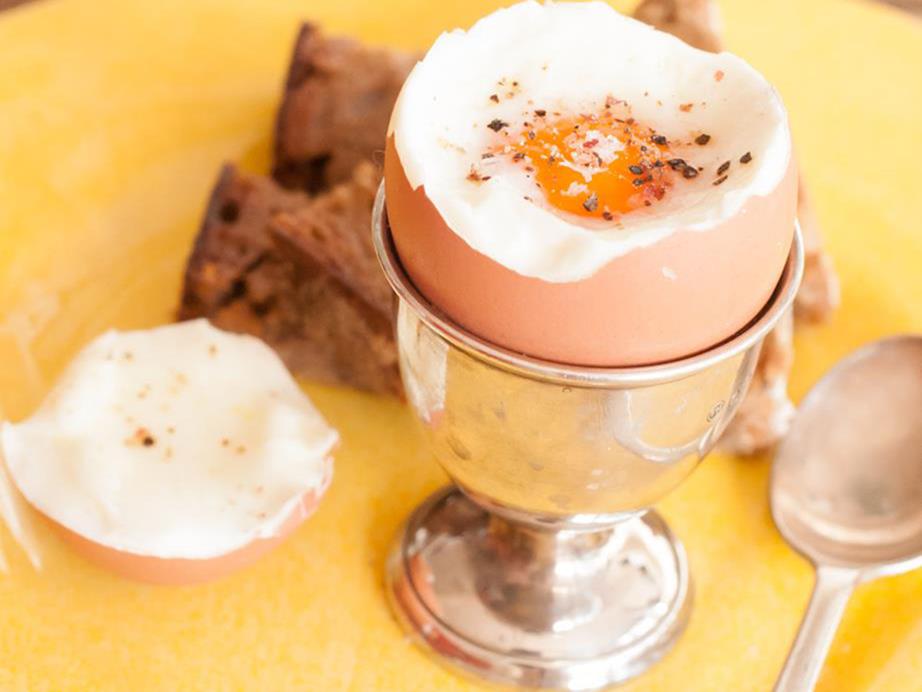
The perfect cooking time for soft boiled eggs
If you are attempting to soft-boil many eggs at once, you could cook one extra to use as a test egg using the minimum time of six minutes. Other factors that may alter the cooking time is the size of eggs, and temperature of eggs at the time of putting them in the water.
